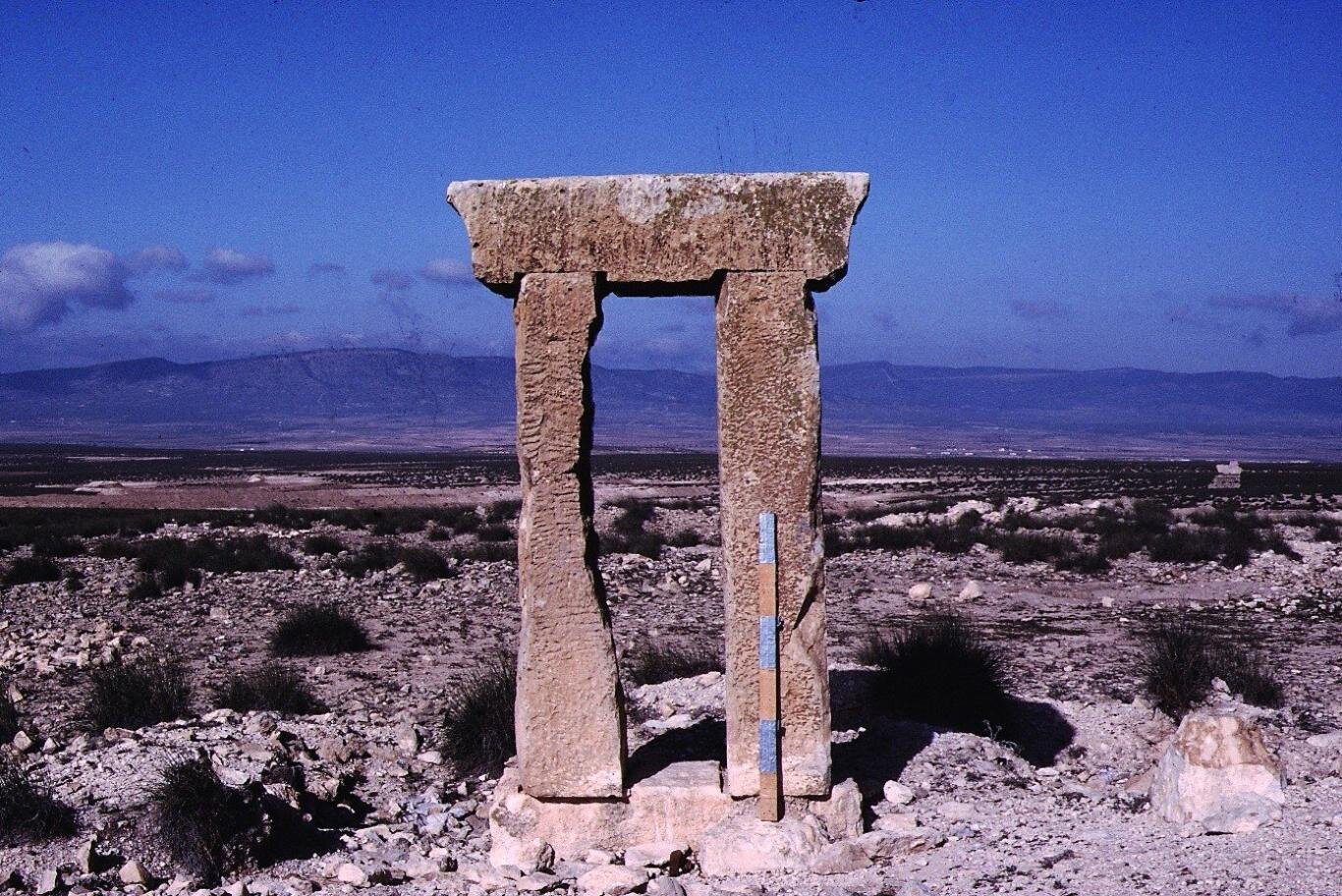When French archaeologists first began digging into the baked earth of their new colonial empire in Algeria in the mid-19th century, they fancied that they’d found kindred spirits in the Roman Empire that had come some 2,000 years before them.
The French thought they were engaged in a “civilizing mission” through their colonial subjugation of the region, just as Rome had “Romanized” the indigenous Berber and Punic people by supposedly imposing its imperial culture upon them.
It wasn’t until the independence of the countries of north Africa in the 1960s that a different story began to be told. Excavations at Althiburos in north-western Tunisia, for example, showed that a sophisticated infrastructure for agriculture and urbanism existed “as early as the first half of the last millennium BCE,” long before the Romans arrived—and that, in fact, the Romans followed pre-existing street plans in many of the cities that pre-dated the Roman conquest.


